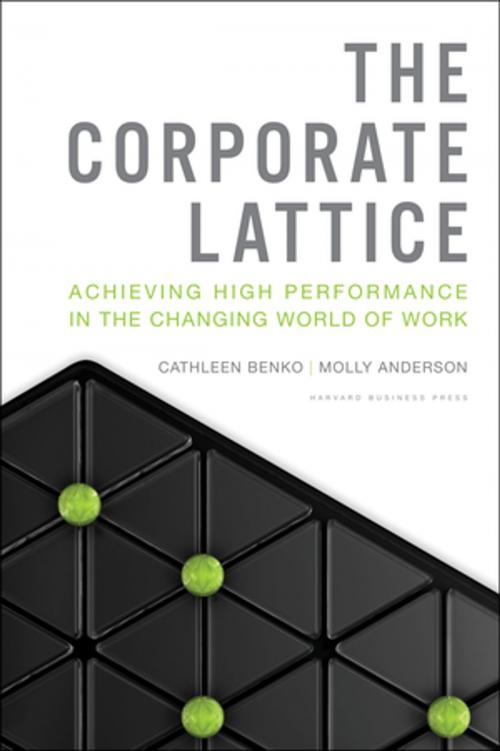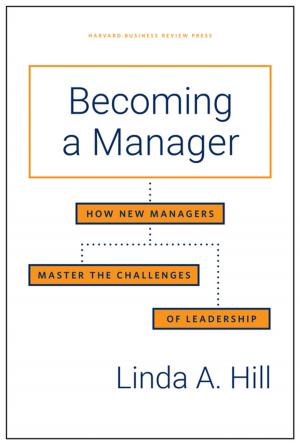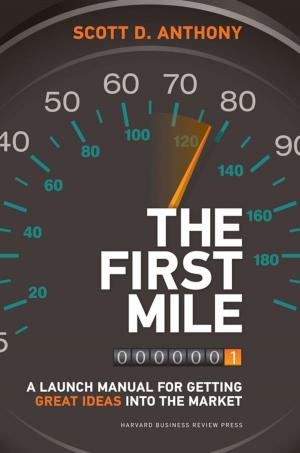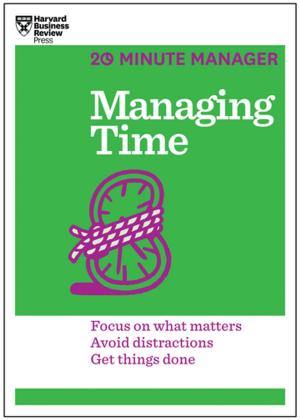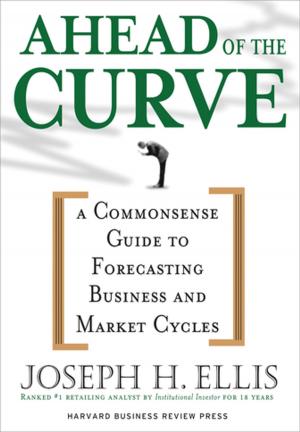The Corporate Lattice
Achieving High Performance In the Changing World of Work
Business & Finance, Business Reference, Business Communication| Author: | Cathleen Benko, Molly Anderson | ISBN: | 9781422161784 |
| Publisher: | Harvard Business Review Press | Publication: | August 3, 2010 |
| Imprint: | Harvard Business Review Press | Language: | English |
| Author: | Cathleen Benko, Molly Anderson |
| ISBN: | 9781422161784 |
| Publisher: | Harvard Business Review Press |
| Publication: | August 3, 2010 |
| Imprint: | Harvard Business Review Press |
| Language: | English |
With roots planted firmly in the industrial age, the corporate ladder has been the metaphor used to describe the prevailing one-size-fits-all model for success. At its heart, the ladder is derived from inflexible, hierarchical, organization models in which prestige, individual rewards, information flow, power and influence are tied to the rung each employee occupies.
Yet the workplace as we know it is in transition -- evolving away from the linear, one-size-fits-all model of the corporate ladder toward a multidimensional approach that Cathy Benko calls the corporate lattice.
This book will serve to widen an organization's strategic lens, representing a fundamentally new way to work and run a company. It offers a framework to help senior leaders and HR directors harness the talent in their company in a way that provides a strategic advantage, not only for recruiting but also for achieving and maintain better individual performance.
In the bestselling book Mass Career Customization (Harvard Business Press/2007), Cathy Benko and Deloitte provided the breakthrough MCC dashboard for understanding the important variables of individual employees' career-life profiles, but she also coined a new metaphor -- the corporate lattice -- as a way to think about the changed career landscape. This book delves much deeper into the power of the lattice for organizations, fully exploring its contours and applying it to real-life practice throughout a company.
It explores how the corporate lattice model creates value by:
-
Ensuring a flow of talent into and through the organization.
-
Increasing the efficiency of and return on organizational investments.
-
Improving financial and operating results through greater employee engagement.
The three-part framework of the book presents specific ways managers and organizations can use The Corporate Lattice to manage talent, measure results, collaborate across teams, engage employees, and reor"
With roots planted firmly in the industrial age, the corporate ladder has been the metaphor used to describe the prevailing one-size-fits-all model for success. At its heart, the ladder is derived from inflexible, hierarchical, organization models in which prestige, individual rewards, information flow, power and influence are tied to the rung each employee occupies.
Yet the workplace as we know it is in transition -- evolving away from the linear, one-size-fits-all model of the corporate ladder toward a multidimensional approach that Cathy Benko calls the corporate lattice.
This book will serve to widen an organization's strategic lens, representing a fundamentally new way to work and run a company. It offers a framework to help senior leaders and HR directors harness the talent in their company in a way that provides a strategic advantage, not only for recruiting but also for achieving and maintain better individual performance.
In the bestselling book Mass Career Customization (Harvard Business Press/2007), Cathy Benko and Deloitte provided the breakthrough MCC dashboard for understanding the important variables of individual employees' career-life profiles, but she also coined a new metaphor -- the corporate lattice -- as a way to think about the changed career landscape. This book delves much deeper into the power of the lattice for organizations, fully exploring its contours and applying it to real-life practice throughout a company.
It explores how the corporate lattice model creates value by:
-
Ensuring a flow of talent into and through the organization.
-
Increasing the efficiency of and return on organizational investments.
-
Improving financial and operating results through greater employee engagement.
The three-part framework of the book presents specific ways managers and organizations can use The Corporate Lattice to manage talent, measure results, collaborate across teams, engage employees, and reor"
